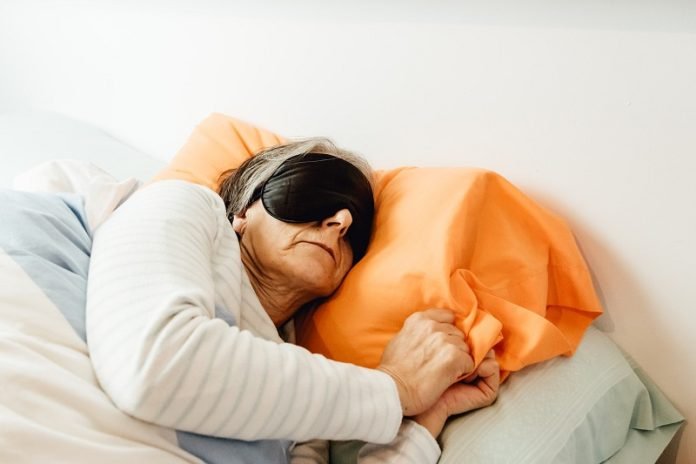
It’s no secret; life is exhausting. After a long day of class or work, it takes everything not to fall asleep as soon as you sit down.
A good, healthy nap, when executed correctly, can really turn your day around.
The question I always hear is whether you should nap for a short amount of time, or long. Short sleep was more useful and less harmful than a prolonged sleep or a long nap.
This is due to the dramatic increase in blood pressure and heart rate that exists when you wake up from a longer sleep. The increase is much less pronounced when sleeping for a short time.
REM sleep is a state of paralysis when we sleep. It first occurs about 90 minutes after falling asleep, and then moves through different cycles.
The only things that are active are the eyes and your breathing. By taking a short nap, you will avoid entering REM sleep and that feeling of drowsiness you get when waking up from a long nap.
Many people tend to feel sleepy around three in the afternoon, what we call “the 3 p.m. crash.” This can be caused by fluctuation with insulin and blood sugar that happens after you eat your lunch.
If you eat a heavy lunch, you might feel the need to nap more often than not.
If your lifestyle doesn’t support resting in the afternoon, focus on incorporating healthy, energy boosting foods like fruits and vegetables into your lunch.
This will give you the strength to power through that crash.
The most ideal way to remain fresh and energized throughout the day is by getting a full night of quality sleep every night.
However, if for some reason you are not able to do that, short naps that last less than 30 minutes will be more beneficial than longer naps.
Written by Robert Murray.
If you care about sleep, please read studies about herb that could help you sleep well at night, and these drugs could lower severity of sleep apnea by one third.
For more information about sleep, please see recent studies about drug that can treat sleep loss, insomnia, and results showing sleep is a new 8th measure of heart health.



